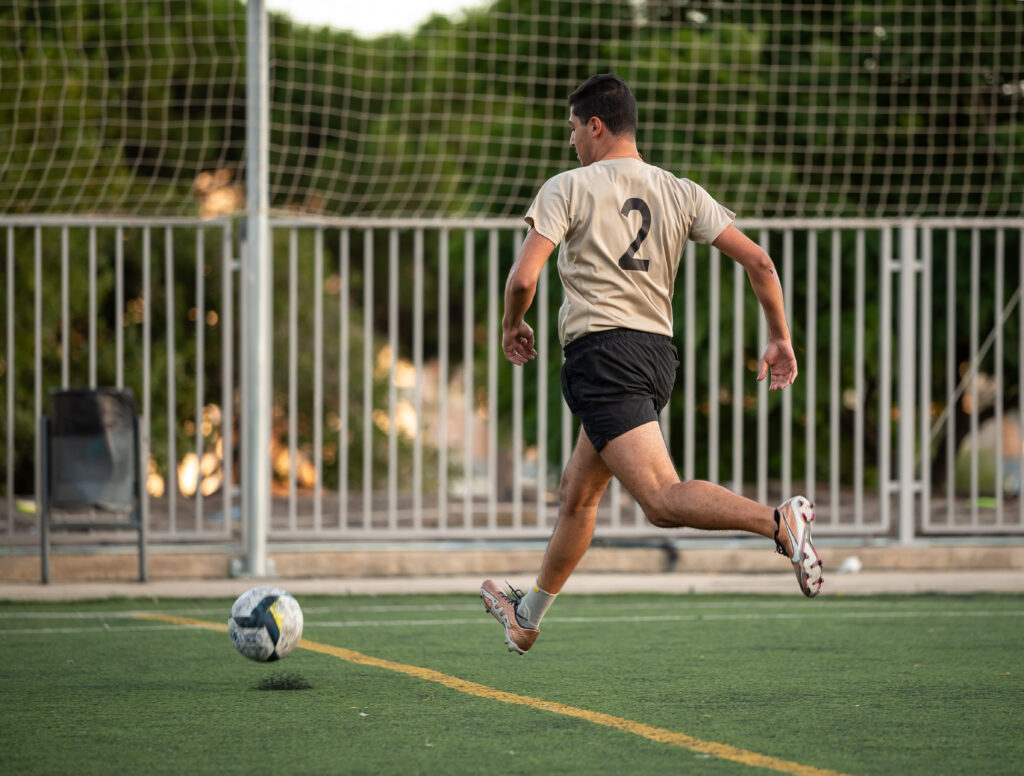The journey toward expertise in sports management requires preparation across many aspects of growth. Individuals must balance academic understanding with hands-on learning to create impact. Those who thrive are often the ones who adapt quickly while developing broader skills. A career in this sector depends on applying theory in real situations with confidence. Building a strong future requires persistence, knowledge, and willingness to learn. Many aspirants choose to study further through a master en gestión deportiva to gain this edge.
Academic Growth Foundation
A strong education base helps shape the direction of one’s career. Academic lessons provide theory, case analysis, and exposure to practical concepts. Structured programs give learners the chance to prepare for varied challenges.
- Study materials increase clarity and strengthen deeper understanding.
- Research tasks promote careful thinking for solving tough problems.
- Group learning supports knowledge exchange across different strengths.
- Regular assessments track progress and highlight areas of focus.
- Syllabus creates alignment with career-building opportunities.
Practical Training Exposure
Hands-on learning prepares students for what lies beyond the classroom. Training builds the ability to respond quickly to real problems. Internships and projects make concepts come alive through actual tasks.
Practical exposure helps individuals connect with professionals already in the sector. It creates a platform to apply lessons gained during academic study. Feedback from mentors during practice adds confidence to future roles.
Diverse Career Opportunities
The sports industry offers numerous paths for those with the right preparation. Opportunities extend into management, operations, or athlete support depending on interests. Pursuing specialized study such as master en gestión deportiva often opens these doors.
Career choices vary in focus but each requires dedication. Some involve organizing large events, while others emphasize direct engagement with athletes. Opportunities continue to grow with rising global attention on sports.
Skill Development Approach

Developing broad abilities is essential for long-term progress in sports. Strong communication supports interaction with teams, while analysis helps solve issues. Time management, adaptability, and reasoning together create a complete skill set.
- Communication fosters strong relations in professional and project work.
- Analytical skills guide correct decision-making during uncertain times.
- Time handling ensures productivity and balanced task completion.
- Adaptability allows smooth adjustment to changing work conditions.
- Critical thinking improves creative solutions for sudden challenges.
Professional Networking Importance
Connections with peers and experts remain a crucial factor for success. Networking helps individuals access advice, resources, and opportunities across different paths. Interaction at events builds a base for future collaborations.
Growing into a skilled professional requires combining study, practice, skill improvement, and valuable relations. A thoughtful mix of these aspects creates the right balance for steady development. Learners who stay focused on both knowledge and application can excel. Adapting to change with an open mind ensures advancement across roles.
